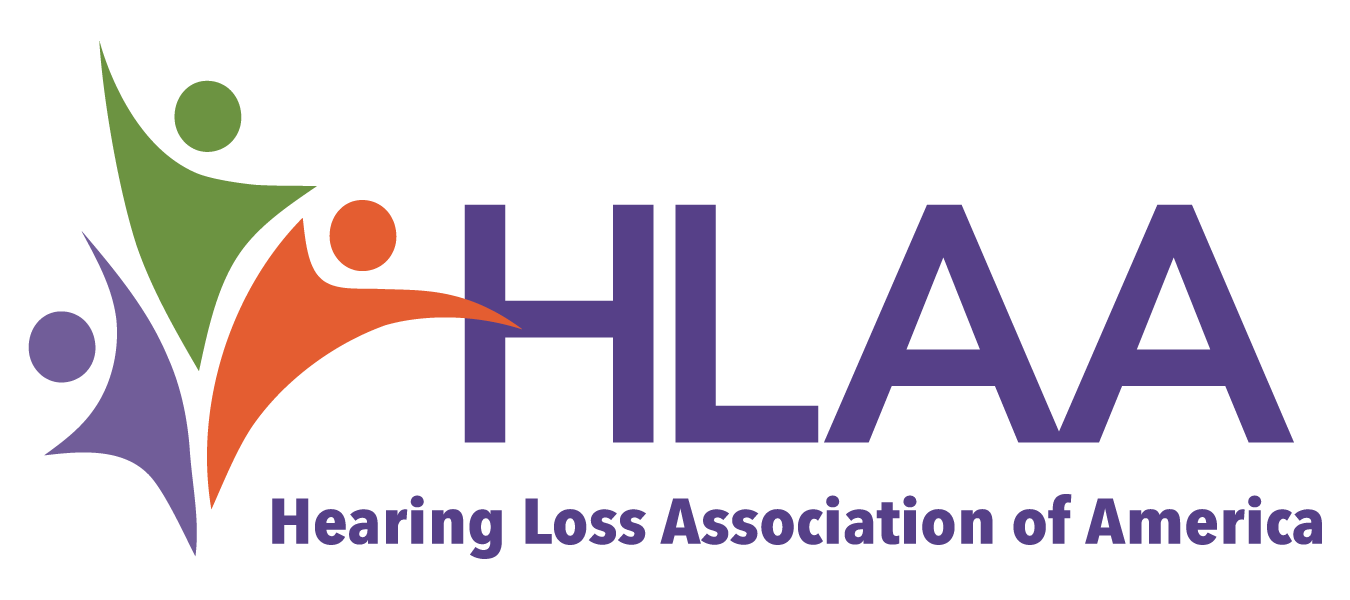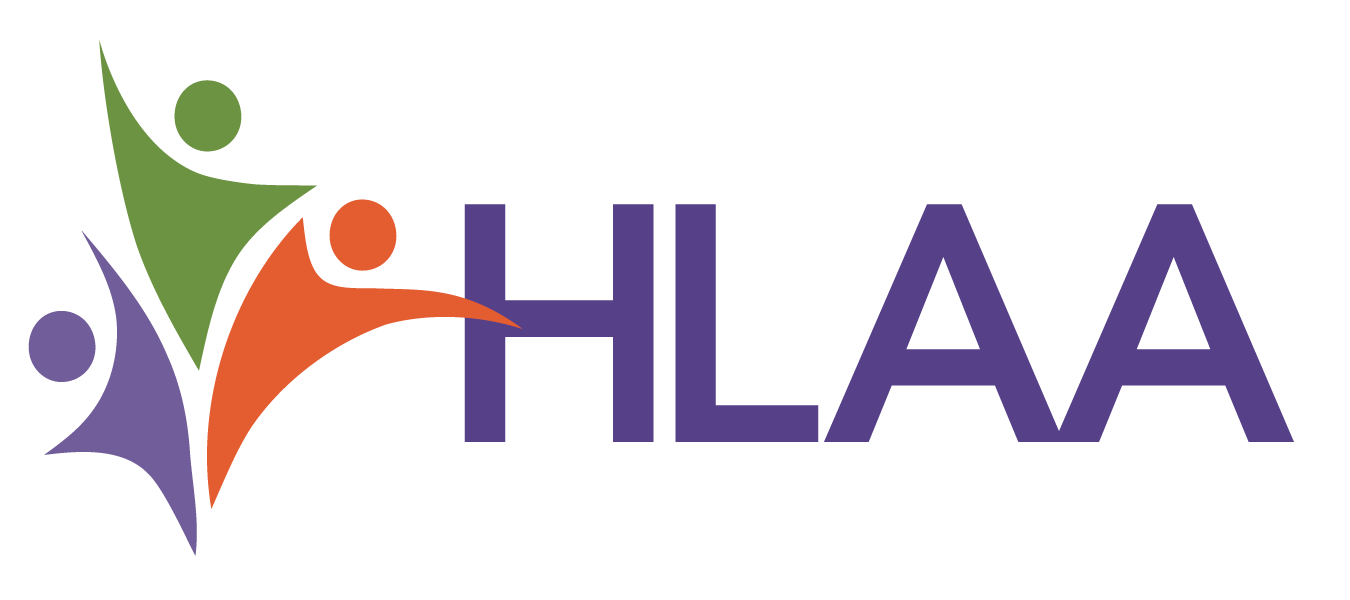
Barbara Kelley
Executive Director
Hearing Loss Association of America.
We have a response in our family when one of us shares a factoid suspect to truth. We reply sarcastically with, “It must be true if you read it on the Internet!”
Something similar happened in the world of hearing health on July 9. President Biden signed a sweeping executive order that included directing the U.S. Department of Health and Human Services to consider issuing proposed rules within 120 days for allowing hearing aids to be sold over the counter (OTC). The OTC proposed rules, according to legislation passed in 2017, are a year overdue and have caused mass confusion in the market. It’s also delayed access to care for some people who might not address their hearing health.
Truth: To be very clear, hearing aids sold over the counter are intended for adults with mild to moderate hearing loss.
Since the OTC rules were part of President Biden’s executive order, the media picked up the story. Unfortunately, the reporting on TV was misleading and downright incorrect in some cases.
For example, “Good Morning America” on ABC reported that OTC hearing devices would benefit millions with “extreme hearing loss.” They also talked about “price gouging” relative to hearing aids in their report. In truth, the order “directs HHS to issue a comprehensive plan within 45 days to combat high prescription drug prices and price gouging.” This provision did not pertain to hearing aids.
This type of reporting is misleading and causes more confusion. While some will be able to self-diagnose and self-fit a hearing device when it is approved by the FDA, it will not be an option for all. There’s also danger when people with more severe hearing loss wait for devices that are not intended for their use and would mostly likely not address their unique hearing loss.
We have hopes for OTC devices, in that, some people might take a first step to address their hearing loss, even if it’s just some hearing enhancement in specific situations. This could be a first step on the journey of progressive hearing loss. We know that hearing loss is linked to depression, isolation, falls, anxiety and cognitive loss. Better to address hearing loss sooner rather than later. Why wait five to seven years before taking action?
We are pleased to see that President Biden understands the importance of issuing these rules. It’s also great to see the media shine a light on hearing health because hearing loss is either untreated or undertreated. But, people must have accurate information so they can make choices. We also want these devices to be safe, effective and have consumer protections. HLAA’s recommendation to the FDA on OTC hearing aids.
We know we have a bumpy road ahead of us, helping people navigate the market and their hearing journey. We want to work with others — audiologists, hearing aid specialists, industry and those who provide routine health care — to help people take hearing health as seriously as they do other health issues. And we want to provide the most reliable and credible information to help you – people who want to take care of your hearing health and live well with any level of hearing loss.
As We Wait for the FDA’s Proposed Rules
Even if the proposed rules come out today, there is a comment period, then a final rulemaking, which could take a year. Don’t wait, get your hearing checked. Encourage those you know to do the same. Protect the hearing you do have. Here are some good resources.
Video: Hearing Aids, Over-the-Counter, Direct to Consumer and Connectivity by Thomas Powers, Ph.D., from the HLAA Virtual 2021 Convention
Do you think you have a hearing loss?
Hear Well. Stay Vital. Get your hearing checked today!
While you can’t believe everything you hear on TV or the Internet, here at HLAA we strive to be a reliable resource you can count on.
Barbara Kelley is the executive director of the Hearing Loss Association America.
For questions or more information, email HLAA at inquiries@hearingloss.org.

